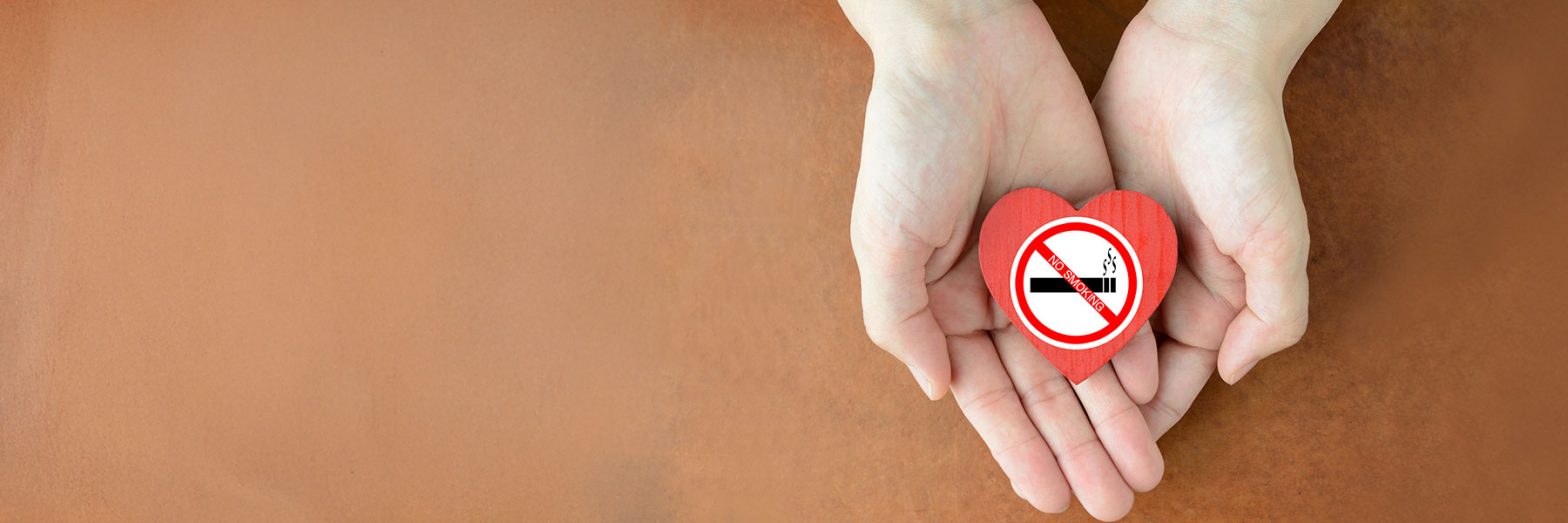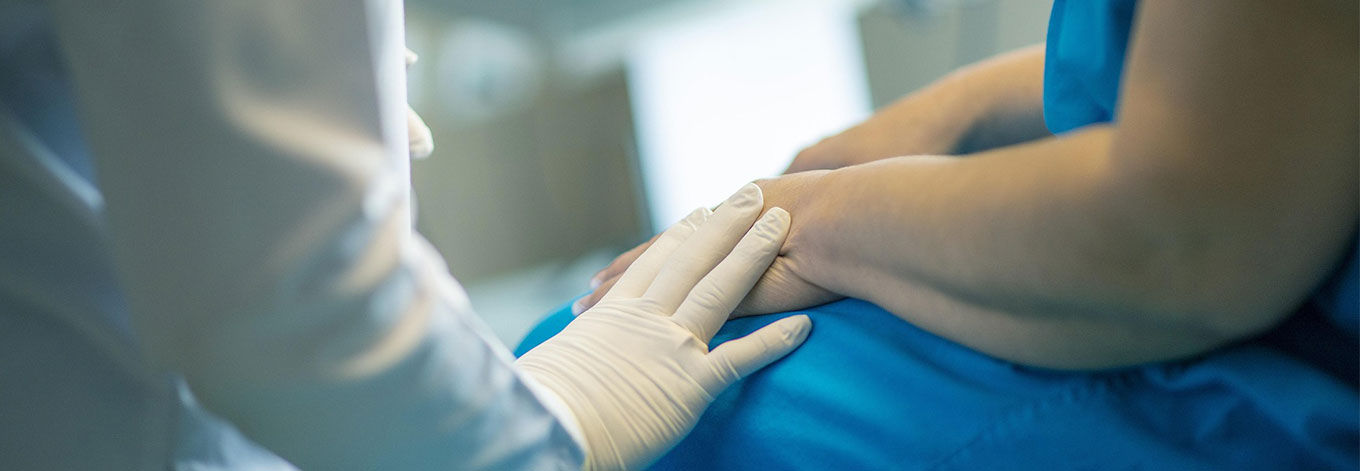
Why You Should Quit Smoking Before Undergoing Plastic Surgery
If you’re considering plastic surgery, you’re likely excited about the changes it could bring to your life. However, one critical step in your preparation is quitting smoking. This request isn’t just a formality—it’s essential for your safety, recovery, and achieving the best results. At The Private Clinic, we advise all patients to quit smoking and avoid nicotine in any form to give their bodies the best chance for a smooth, successful surgery.
How Smoking Affects Plastic Surgery
Key Effects of Smoking on Surgery and Recovery
- Reduced Oxygen Levels: Smoking introduces harmful chemicals that reduce oxygen in your blood. Oxygen is crucial for wound healing, so lower levels slow recovery.
- Delayed Healing: Nicotine narrows blood vessels, restricting blood flow. This slows down your body’s natural healing and can increase scarring.
- Higher Risk of Complications: Smoking increases risks of infection, blood clots, and breathing issues during and after surgery.
Key Statistics:
Smokers have up to a 2-3x higher chance of infection following surgery.
Nicotine use can delay healing by as much as 20-25%.
Why You Must Stop Smoking Before Surgery
Our surgeons require all patients to be smoke-free for at least two weeks before surgery. For some procedures, a longer period may be recommended. This break allows your body to:
- Restore oxygen levels for safer surgery and better healing
- Improve immune response, reducing infection risks
- Decrease inflammation for optimal results
Note: If this guideline isn’t followed, your surgeon may need to reschedule or cancel your procedure for your safety, and you may incur a financial penalty. Taking these instructions seriously is essential for ensuring a successful surgery.
When to Stop Smoking and Which Products to Avoid
When should I stop smoking before surgery?
For the best outcome, aim to quit smoking at least two weeks before surgery. Some patients benefit from stopping a month or more in advance. Your surgeon will guide you based on your specific procedure and health status.
Does This Include Vaping and Other Nicotine Products?
Yes. Vaping, nicotine gum, patches, and even passive smoke exposure all affect blood flow and oxygen levels similarly to traditional smoking. Avoid all nicotine products to optimise healing and recovery.
Tips to Quit Smoking Before Surgery
We understand that quitting can be challenging, especially when preparing for surgery. Here are some supportive steps to help you:
- Consider Non-Nicotine Options: Discuss non-nicotine alternatives for managing cravings with your doctor.
- Seek Behavioural Support: Counselling or support groups can provide encouragement and motivation.
- Find Healthy Distractions: Take up new hobbies or physical activities to keep your mind off smoking.
- Set a Quit Date and Stay Accountable: Inform supportive friends or family to help you stay on track.
Smoking After Surgery
Quitting smoking doesn’t stop with the procedure. To maintain the best results and support your recovery, avoid all nicotine products for at least 2-4 weeks after surgery. Smoking during this period can:
- Delay healing
- Increase the risk of infection
- Affect the final results of your procedure
Remember: The longer you stay smoke-free, the better your body will heal and the more successful your results will be.
A Safe and Smooth Recovery
Quitting smoking is one of the most powerful steps you can take to ensure a smooth recovery and excellent results. By following this guidance, you’re prioritising your health and giving yourself the best chance for a safe, successful procedure. For more information, call us on 0333 920 2471 or use our online contact form to book a consultation.
By quitting smoking, you’re giving yourself the best opportunity to enjoy a smooth recovery and excellent results.







